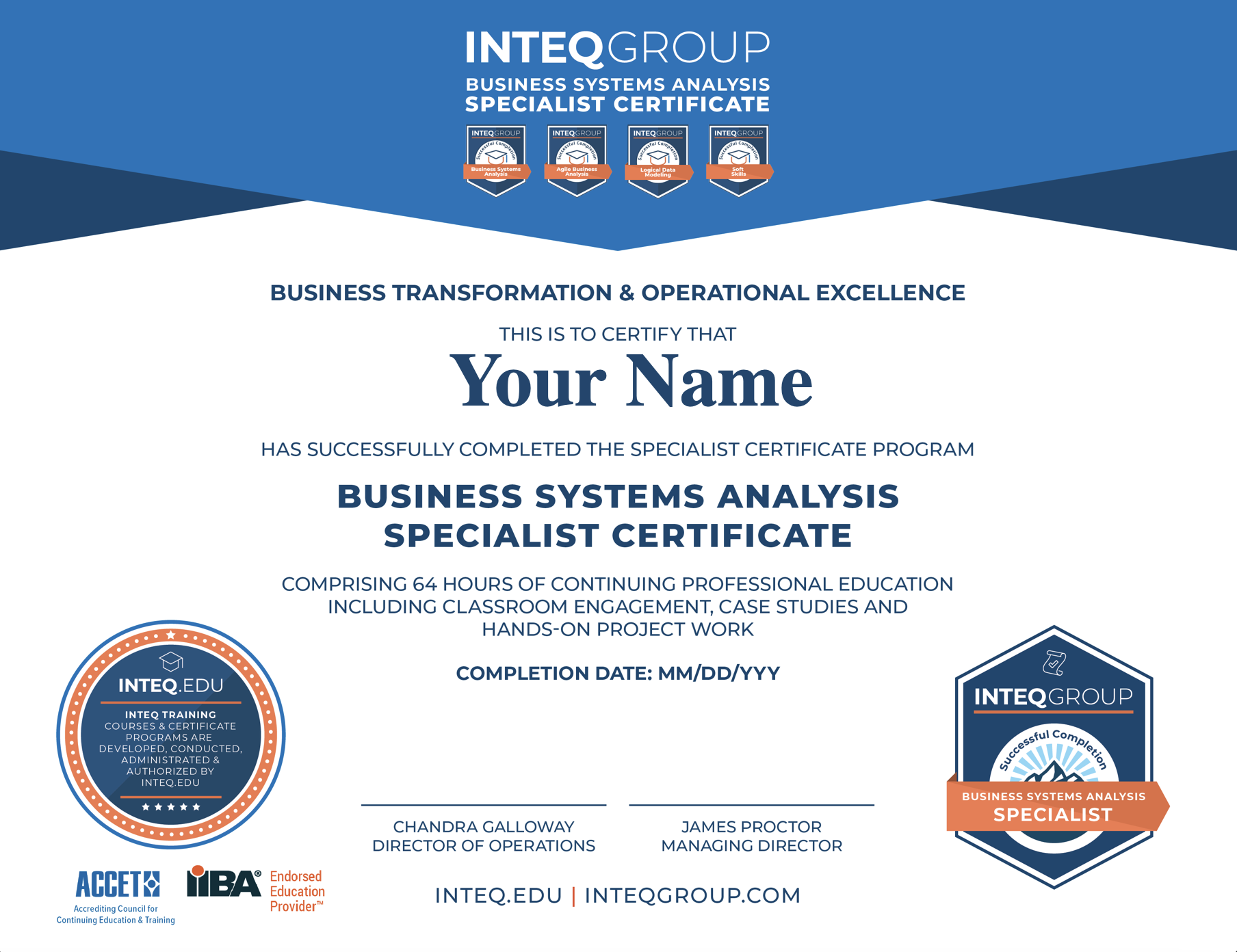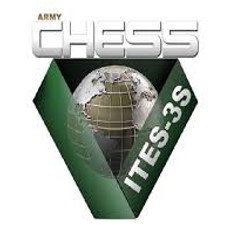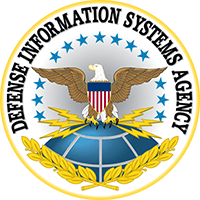
Inteq's Business Systems Analysis Specialist Certificate signifies your proficiency as a high-performing business analyst with the specialized business systems analysis skills and competencies needed in every organization!
Defining Business and User Software Requirements
Provides the critical thinking skills, conceptual knowledge, and best practice techniques and methods to rapidly discover, thoroughly analyze and accurately specify business and user requirements.
Mastering Data Patterns and Entity-Relationship (ER) Diagrams
Data modeling results in the discovery, analysis and specification of the data patterns and data-oriented business rules that support business and user requirements.
Better, Faster, Value Driven Requirements
Align business needs with agile development, write effective user stories, and deliver continuous value to stakeholders throughout the agile lifecycle.
Enabling Better Faster Analysis
Bridge the critical gap between technical expertise (hard skills) and the interpersonal capabilities (soft skills) essential for success in today’s collaborative business environment.
Integrate the Knowledge and Skills from Training with Real-World Application
The capstone project demonstrates real-world business-ready skills via a hands-on mentored project that sets you apart as a high-performing Business Systems Analysis professional.
Inteq business analysis courses are built on a foundation of best practice skills, techniques and methods gleaned over many years and are meticulously aligned with International Institute of Business Analysis™ (IIBA) Business Analysis Body of Knowledge (BABOK®).

Tuition: $2,995
Questions? Please call us at 800.719.4627 to talk with a Training Coordinator.
Duration: A participant can complete this 80-hour certificate program (four 16-hour courses) + a 16 hour capstone project in 4-6 weeks. Most participants, however, pace the program over 3-4 months.
Learning Method: Via Inteq’s Anytime eLearning (anytime, anywhere, any device, self-paced, on-demand and on your schedule) training platform + live mentoring for the capstone project.
Tuition: $2,995

Inteq is an IIBA (International Institute of Business Analysis endorsed education provider. The courses that comprise the Business Systems Analysis Specialist certificate program are meticulously aligned with the IIBA Business Analysis Body of Knowledge (BABOK®) and are eligible of IIBA Professional Development Units (PDUs)












